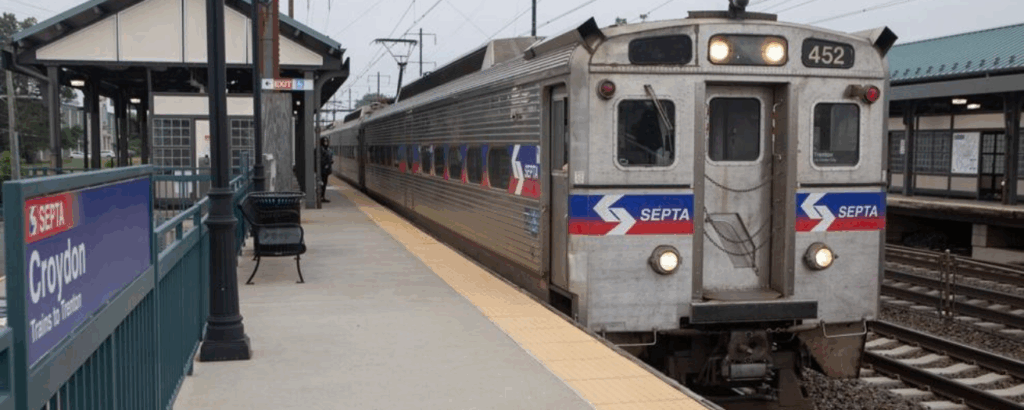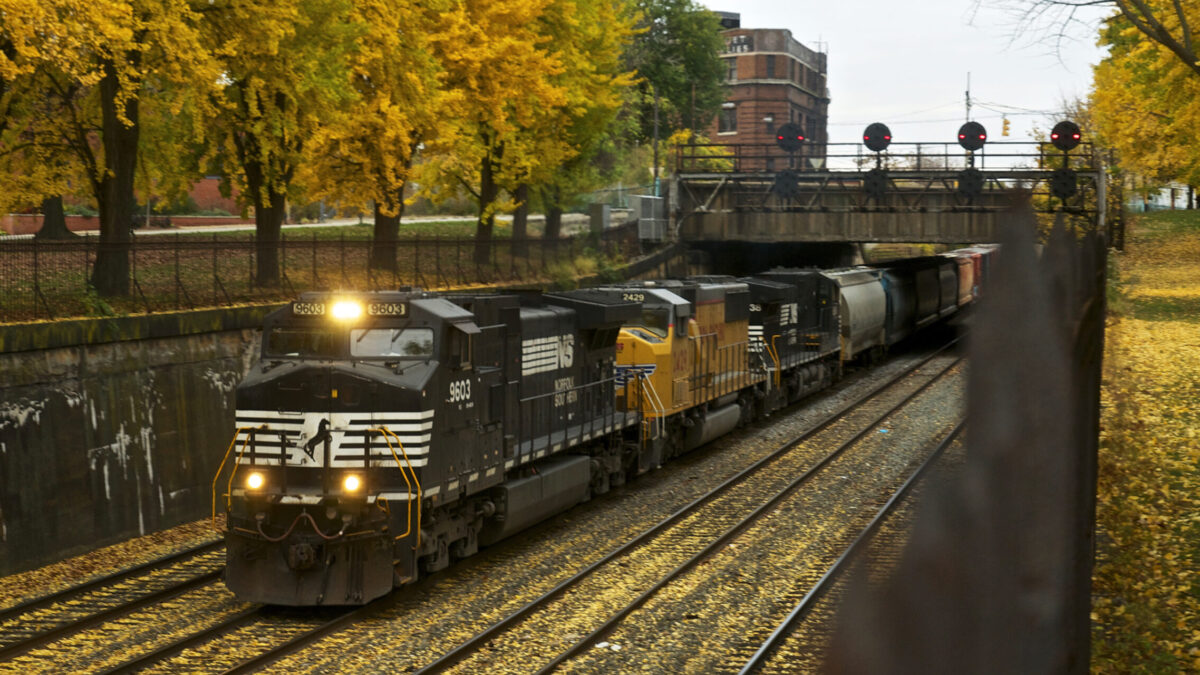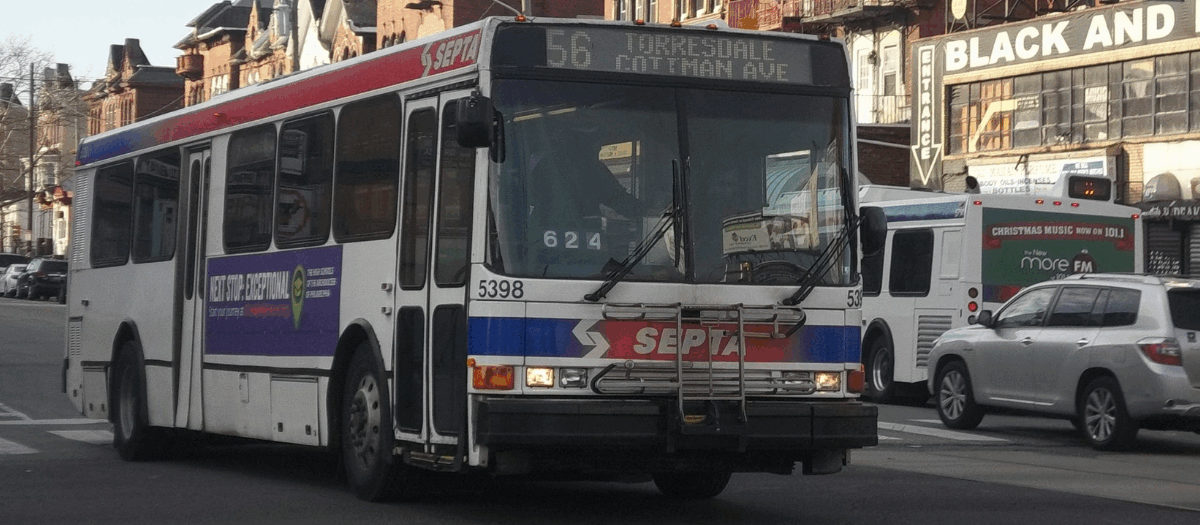Public transit funding and the road not yet taken
(The Center Square) – There’s no shortage of frustration when it comes to stalled negotiations over funding for public transit in Pennsylvania.
Of the plans proffered – using sales taxes versus dipping into the transit trust fund – neither has bipartisan support. There’s a road not yet taken, however.
In the days before both chambers convened to approve their respective solutions, Republican Sen. Gene Yaw, of Williamsport, and Democratic Sen. Anthony Williams, of Philadelphia, suggested solving two problems at once: collect a $500 monthly fee from unregulated skill game terminals and use it to pay for increased public transit support.
“This bipartisan proposal builds on the foundation we’ve already built,” Yaw said in a statement to The Center Square. “By replacing a tax structure with a simple, $500-per-machine monthly fee, we can generate revenue almost immediately. That funding will go directly toward public transportation and infrastructure – two areas where Pennsylvanians are demanding action.”
One reason why Republicans, in majority of the Senate, oppose using sales taxes to bolster funding is the tenuous nature of that revenue year-to-year, as well as the impact of diverting money away from other programs.
But their support for other income, such as legalizing recreational pot or taxing skill game machines, has been difficult to reach consensus.
That’s why the upper chamber wants to use money from the $2.4 billion trust fund, which grows year-by-year, to help transit agencies across the state – most of all SEPTA in the Philadelphia region.
Democrats abhor the option, saying that the fund is already earmarked for system upgrades, not operational shortfalls. The plan’s built-in yearly fare increase, based on the rate of inflation, will further strain the wallets of the 800,000 people who use SEPTA, in particular, on a daily basis.
Meanwhile, supporters of skill games taxes, Yaw chief among them, and Gov. Josh Shapiro are far apart on what that rate should be: the former preferring a 16 percent rate and the latter a 52 percent rate. In the middle, a third offer from Republican senators lands at 33 percent.
Yaw says his proposal with Williams isn’t just bipartisan, but practical.
“It’s a commonsense solution that respects legal precedent, addresses a critical funding gap and most importantly, helps local small businesses and veterans’ organizations stay open,” he said.
Kate Flessner, spokeswoman for Senate Majority Leader Joe Pittman, R-Indiana, acknowledged the differing plans, saying “there will need to be bipartisan and bicameral consensus on a final product.”
It’s much like everything else within the overdue state budget. Until then, schools, human services and the people who use public transit, face uncertainty.
SEPTA’s deadline for legislative action is Thursday, otherwise fares will rise and services will be cut.
Neither chamber plans to return to session until September.
Christen Smith is Pennsylvania editor for The Center Square newswire service and co-host of Pennsylvania in Focus, a weekly podcast on America’s Talking Network. Recognized by Editor and Publisher Magazine as one of the media industry’s “Top 25 Under 35” in 2024.
This article was republished with permission from The Center Square.





Republicans don’t ride Septa.
Republicans are expected to subsidize Septa, but Republicans don’t ride Septa.
Dim-witted Republican politicians have finally realized there are more votes to be gained by standing up to Septa than by caving.
Like so many other government backed “services,” mass transit does not generate the ridership, with attendant fare revenue, to cover its operating costs much less building capital replacement reserve accounts. Again, you can see by this latest proposal. we are still attempting to find solutions in the Land of Oz. Again, we are admonished to “pay no attention to the man behind the curtain.” How about asking the question “What happens to the skill games revenue when the small businesses have to give up the terminals or just plain go out of business. The problem with politicians and their revenue raising schemes is that they want to avoid “painful” revenue raising measures, so they come up with hidden taxes such as monthly terminal fees and so on. Generally, these revenues decline or disappear in the future, but by that time the can has been kicked far enough down the road to be irrelevant.
I don’t know… maybe try some math? 800,000 daily riders on SEPTA x 2 trips each day = 1,600,000 fares per day. Increase all fares by $1. $1,600,000 x 250 avg. working days per year = $400M. SEPTA only needs (at last request) – $291M. Problem solved with $100M surplus for improvements and no additional state money. Maybe I’m being too simplistic?